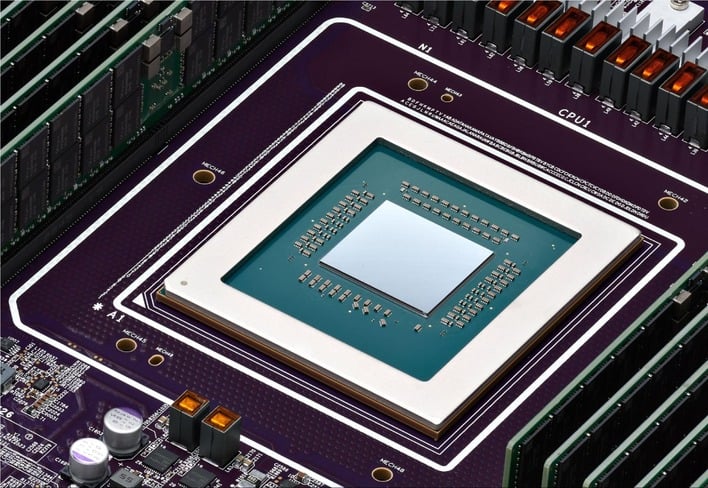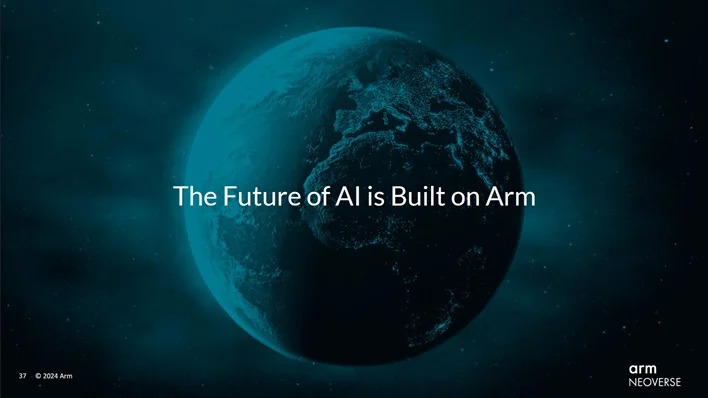Google Flexes ARM-Based Axion CPUs As AI Arms Race Intensifies

According to Google it’s making the most of Arm’s fastest CPU cores, saying that Axion will “deliver instances with up to 30% better performance than the fastest general-purpose Arm-based instances available in the cloud today, up to 50% better performance and up to 60% better energy-efficiency than comparable current-generation x86-based instances.” Services including Google Earth, BigTable, BigQuery and Blobstore are already seeing the deployment of these new chips.
Axion is based on the Arm Neoverse V2 CPU, and uses a system of custom silicon called Titanium to deliver these new gains in computing performance. Google says this custom silicon is able to offload certain operations, which enable Axion to reach higher capacity and better performance for its customers’ workloads.

Google is aiming to deliver these improvements without losing any compatibility. It’s why the company opted to have this new processor to use the Armv9 architecture and instruction set. It has also worked to contribute to the SystemReady Virtual Environment, which is Arm’s standard for hardware and firmware interoperability. The company says this means it be “easier for customers to deploy Arm workloads on Google Cloud with limited-if-any code rewrites.”
It's impressive to see the leaps Google has been able to make with its Arm-based processors, as these are a far cry from the company’s first Tensor Processing Unit released in 2015. As the AI wars continue to heat up it’s evident there needs to be improvements such as the one seen in Axion to keep energy use at sane levels.

